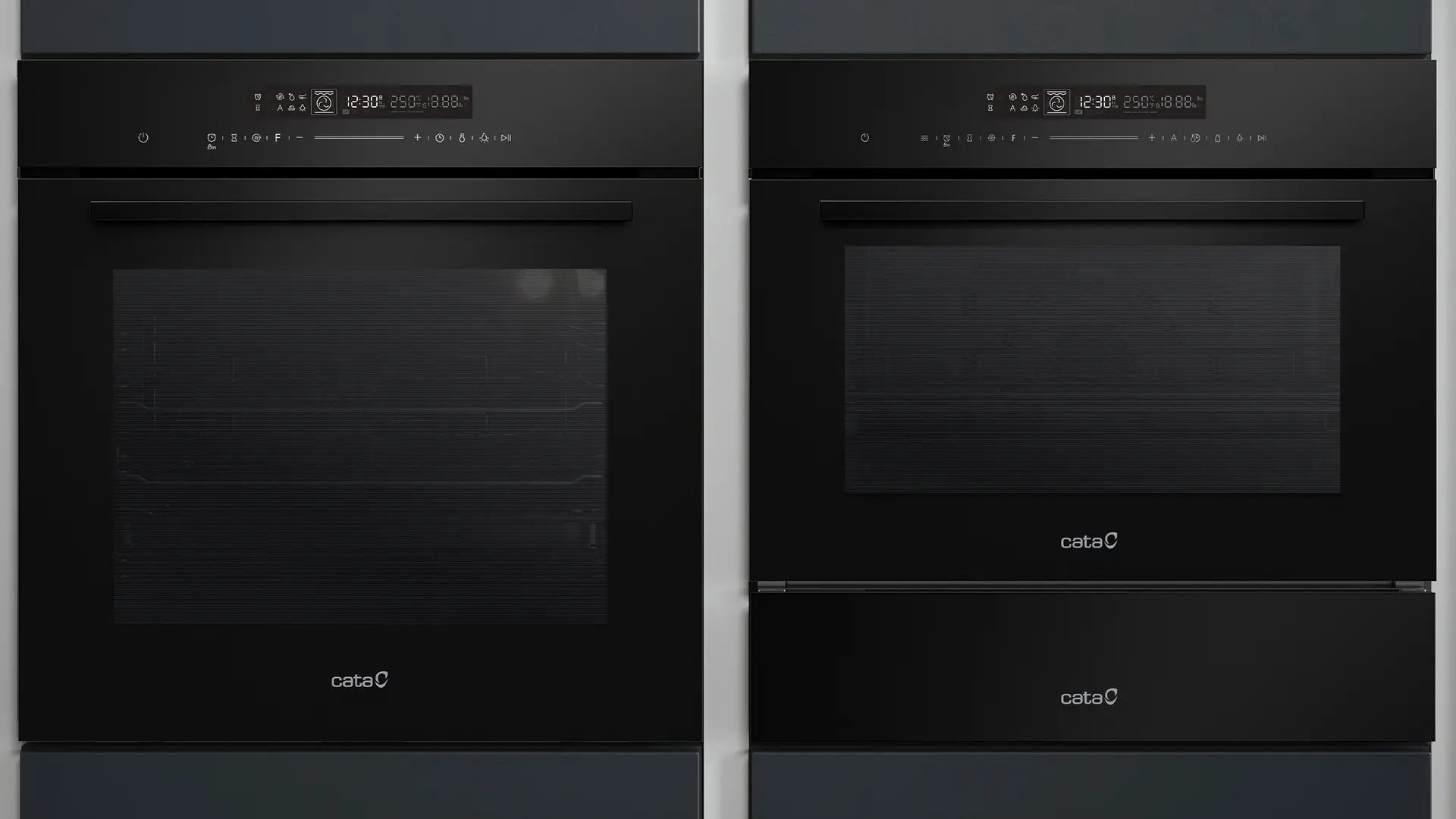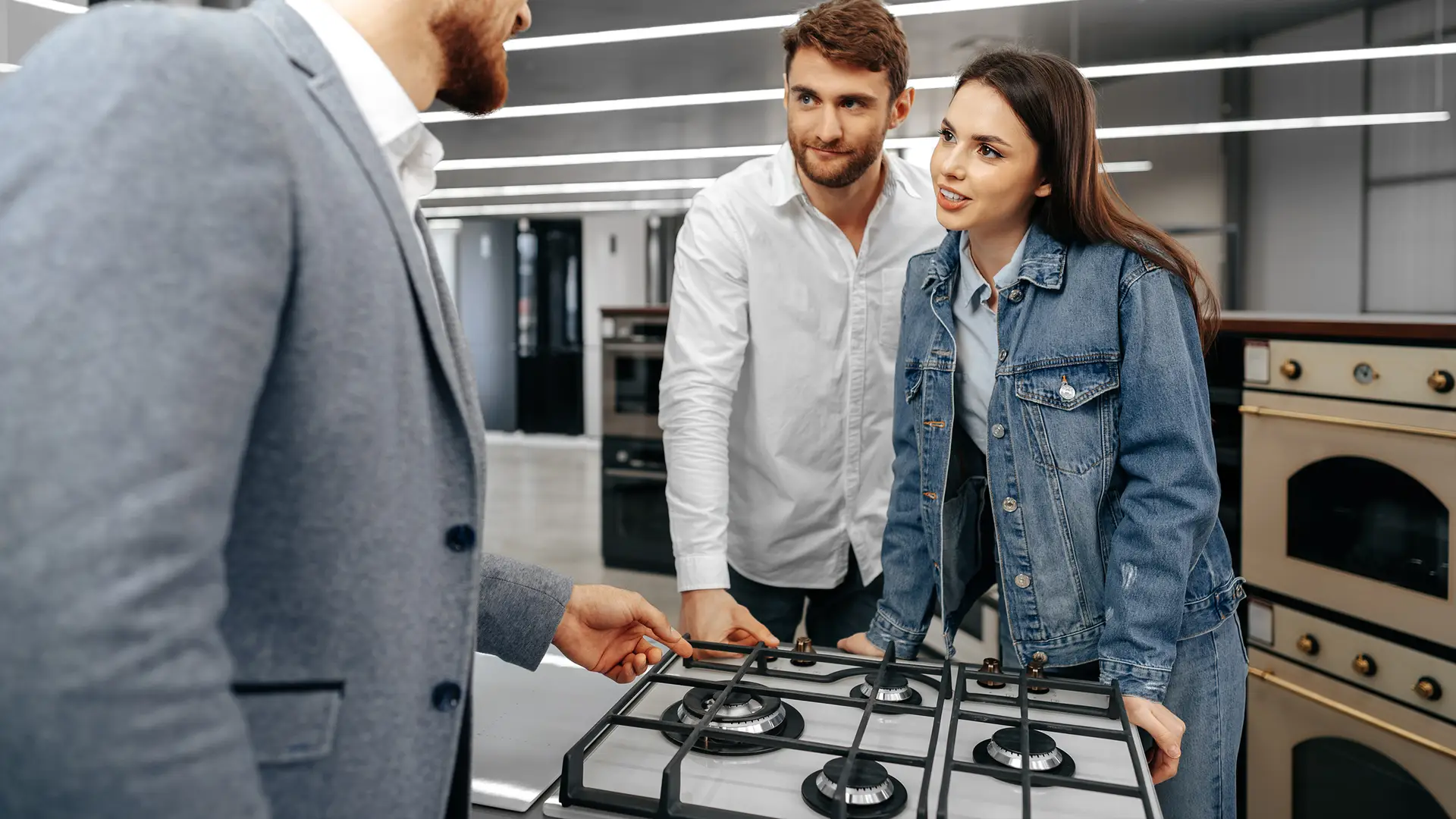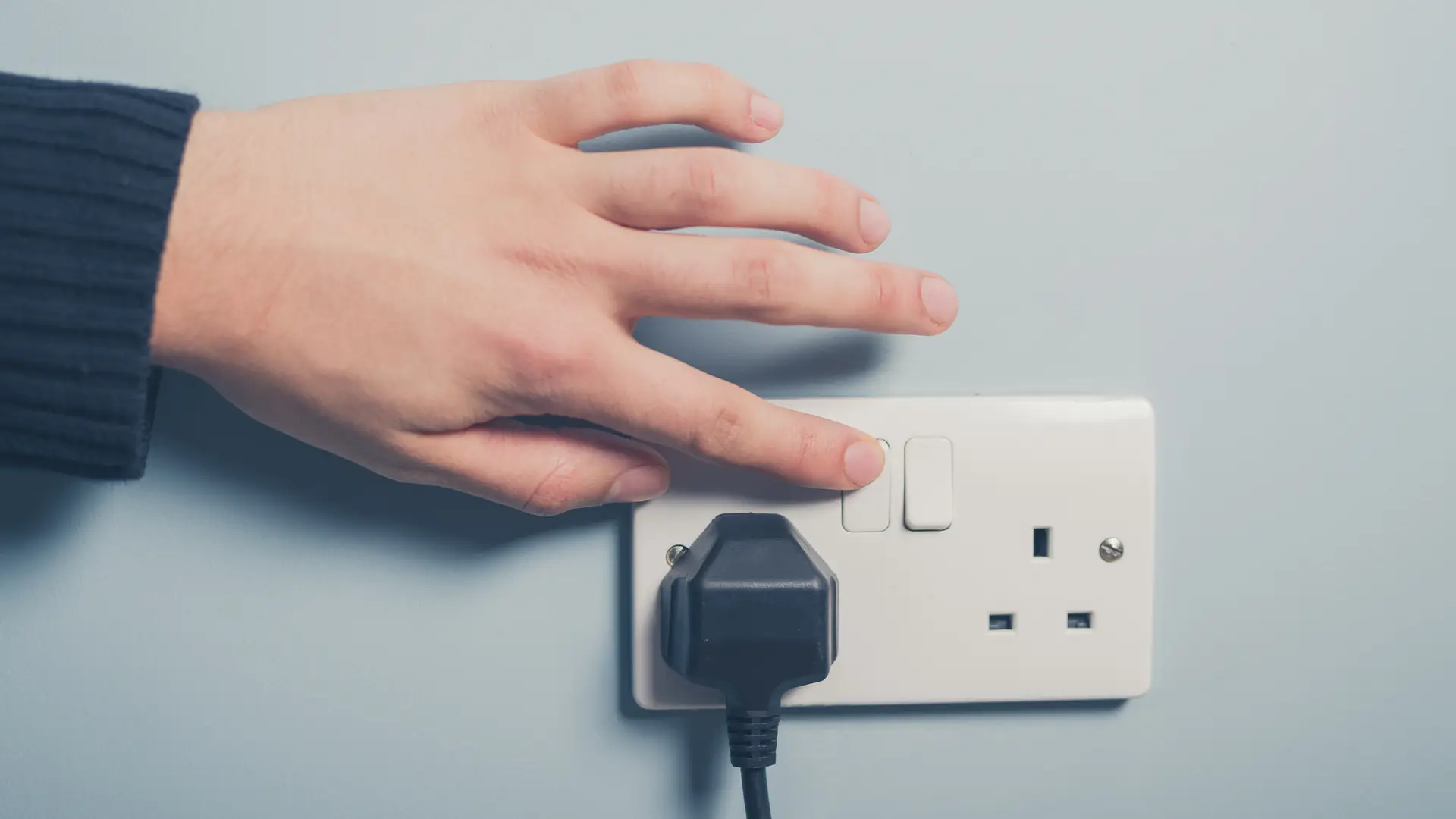Why Should You Switch Off Appliances at the Wall?
Leaving appliances plugged in and switched on might seem harmless, but it can waste energy, increase your bills, and even pose a safety risk. Here’s why it’s smart to turn off your household gadgets and appliances at the wall when not in use.
1. Save Energy and Cut Electricity Bills
Many devices continue to draw power even when they’re on standby. This is known as phantom power or vampire energy use. TVs, microwaves, chargers, and computers all consume small amounts of electricity unless they’re fully switched off at the wall.
2. Reduce Fire Risk
Even when not in use, plugged-in appliances remain connected to the electrical supply. A sudden surge or fault can overheat wiring or components, which in rare cases may lead to electrical fires. Turning them off cuts the risk entirely.
3. Prolong Appliance Lifespan
Constant standby power can strain internal circuits over time. By switching off your appliances completely, you give them a break and help extend their lifespan, meaning fewer repairs or replacements in the long run.
4. Improve Home Safety When You’re Away
Before heading out or going on holiday, it’s best to unplug non-essential appliances like TVs, kettles, and toasters. It not only saves energy while you’re away but also reduces the risk of faults developing when no one’s home.
5. Smart Alternatives
If manually switching everything off sounds inconvenient, consider using smart plugs. They allow you to cut power remotely via an app or schedule appliances to switch off automatically overnight.
The Bottom Line
Switching off appliances at the wall is an easy habit that helps you save money, improve safety, and reduce your home’s energy footprint. Small changes like this can make a big difference over time—both for your wallet and the planet.
- All Posts
- Cooker Hood Guides & Advice
- Dishwasher Guides & Advice
- General Appliance Guides & Advice
- Hob Guides & Advice
- Laundry Guides & Advice
- Microwave Guides & Advice
- Oven Guides & Advice
- Wine Cooler Guides & Advice

Learn why appliance warranties are essential for peace of mind and savings. CATA offers 5 years parts and up to...

Discover which CATA hob suits your kitchen and lifestyle. Compare gas, ceramic, induction and vented hobs in our expert buying...

Learn how to cook delicate sauces on induction hobs with low heat settings. Discover tips, best practices, and mistakes to...
